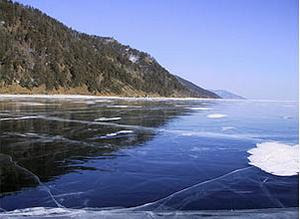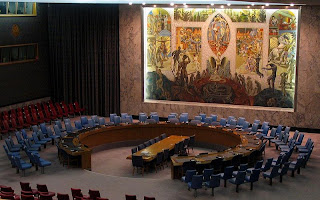Avoid Plastic Bags

Avoid Plastic Bags By Dr Arvind Kumar According to broad estimates, about 500 billion to 1 trillion plastic bags are consumed worldwide each year. That comes out to over one million per minute! It is also estimated that one plastic bag can take up to 1,000 years to decompose. These days, of all the plastic bags consumed, only a mere 1-3% percent is recycled. What’s more, they are only a fraction of the problem. Today’s brown bag or sack lunches primarily consist of pre-packaged disposable individual servings of heavily processed “food.” To help the environment is a simple pledge to eliminate one piece of trash every day and then think of the impact if each and every one of us made this simple commitment. Can’t live without that morning-commute latte? Keep an insulated travel mug in your car. Is your child gaga for a certain squeezable yogurt that starts with a “G?” Find him the same flavor of yogurt in a large, family-sized tub, and pack his lunch with a small serving sea...





















